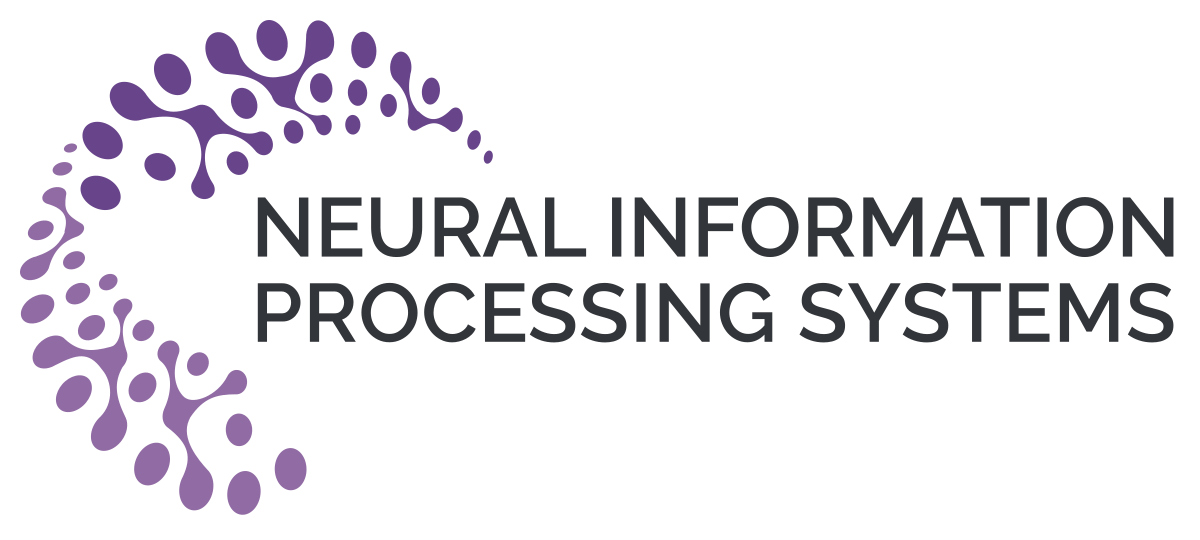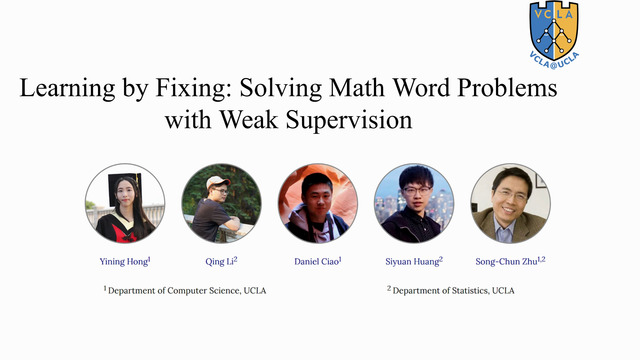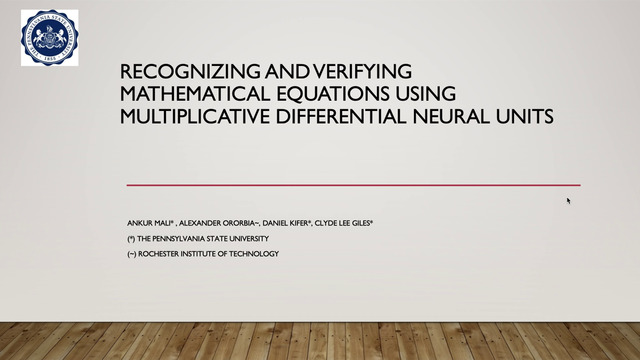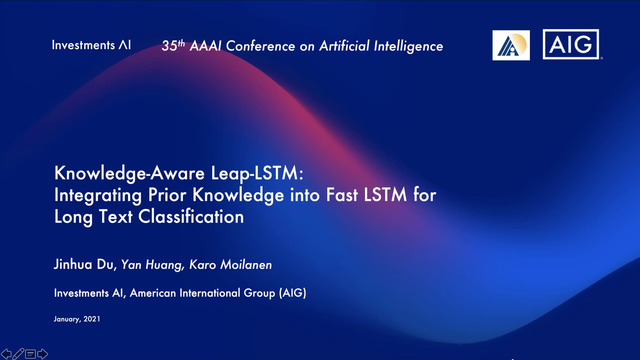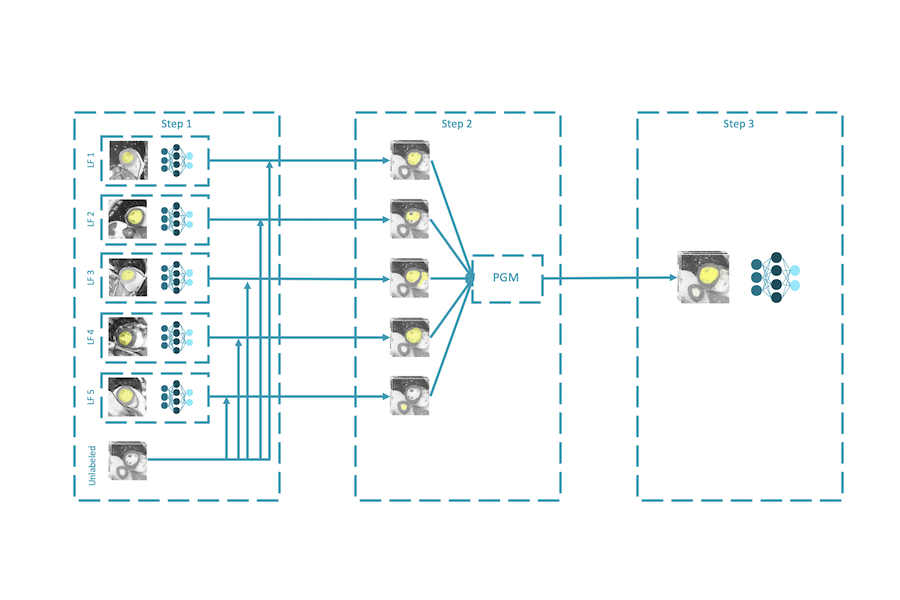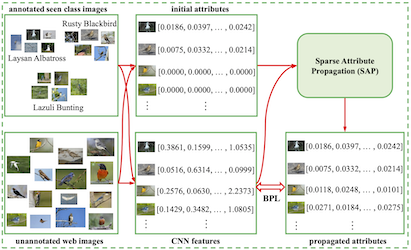Abstract:
A significant effort has been made to train neural networks that replicate algorithmic reasoning, but they often fail to learn the abstract concepts underlying these algorithms. This is evidenced by their inability to generalize to data distributions that are outside of their restricted training sets, namely larger inputs and unseen data. We study these generalization issues at the level of numerical subroutines that comprise common algorithms like sorting, shortest paths, and minimum spanning trees. First, we observe that transformer-based sequence-to-sequence models can learn subroutines like sorting a list of numbers, but their performance rapidly degrades as the length of lists grows beyond those found in the training set. We demonstrate that this is due to attention weights that lose fidelity with longer sequences, particularly when the input numbers are numerically similar. To address the issue, we propose a learned conditional masking mechanism, which enables the model to strongly generalize far outside of its training range with near-perfect accuracy on a variety of algorithms. Second, to generalize to unseen data, we show that encoding numbers with a binary representation leads to embeddings with rich structure once trained on downstream tasks like addition or multiplication. This allows the embedding to handle missing data by faithfully interpolating numbers not seen during training.

